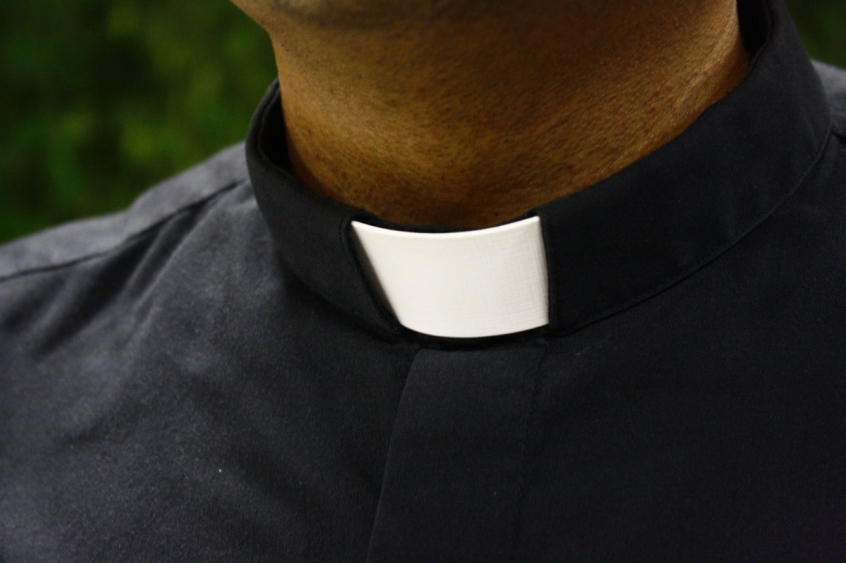
The Church of England has decided to maintain the confidentiality of the confessional for now after a working group set up to review the guidelines failed to reach a unanimous verdict on the matter.
A new report out this week from the Church of England upheld the "seal of the confessional", requiring only that priests who are told of a possible criminal offence, such as child sexual abuse, urge the penitent to report their actions to the police.
"The priest must require the penitent to report his or her conduct to the police or other statutory authority. If the penitent refuses to do so, the priest should withhold absolution," the guidelines state.
In a foreward to the report, the Bishop of Durham, the Rt Rev Paul Butler, said that the working party had failed to reach a "common mind" on the matter.
They concluded that making an exemption for confessions relating to child sexual abuse would not be legal and that it was up to the Archbishops' Council or House of Bishops to decide if they wanted to change this.
They instead recommended training for priests on how they should respond if penitents disclose criminal acts.
"What became clear to everyone on the group is that currently there is inadequate training given to clergy about the confessional," the bishop said.
"We are unanimous that this needs to change, and that such training must be offered in very close connection with safeguarding training."
He continued: "We all finally agreed that seeking to find an 'exemptive' clause relating to child abuse, or abuse more generally, would not be legally workable; although some had hoped and thought this might be an outcome."
Explaining their deliberations, he said: "We all agreed that either the 'seal' had to be abolished altogether or upheld. If it were abolished, it would be replaced by the normal legal rules about confidentiality, which apply in professional, commercial and other relationships where there is an expectation of privacy, and which permit the making of disclosures that are in the public interest."













